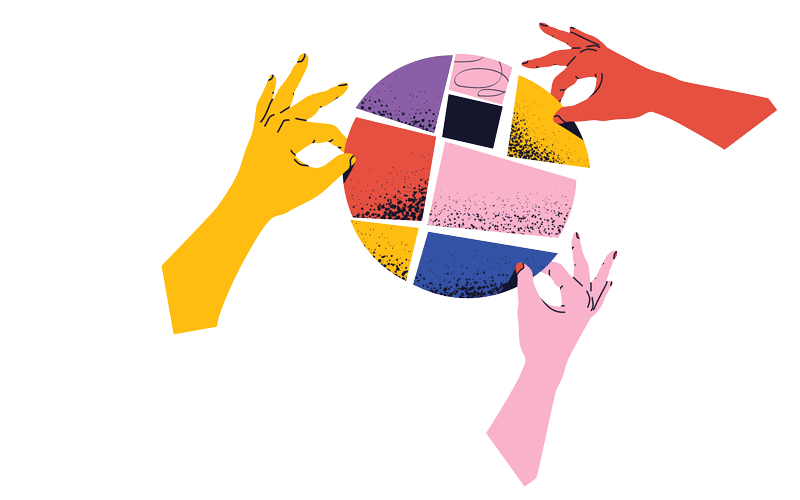Viewpoint: Neurodiversity in recruitment

It’s the time to make a change.
The recent Neurodiversity Celebration Week offered a chance to reflect on how far neurodiversity has evolved at work but it’s also a reminder of how far individuals and organisations still have to go every other week of the year. Effort must continue consistently– the following statistics must be made a thing of the past:
- 65% of neurodivergent people fear discrimination at work
- over 70% of autistic people are unemployed
- only 55% of managers (between the ages of 25-64) felt confident to have discussions on neurodiversity.
Despite these shocking figures, neurodivergent employees can be up to 140% more productive and quite often, approaches put in place for neurodivergent people will have a positive impact across an entire organisation – on culture and on productivity.
So, how can recruiters, whether agency or inhouse, progress the neurodiversity journey and help their candidates, organisations and clients?
Remember, every neurodivergent person is different
Neurodivergent people, regardless of their condition, can be in any industry, working at any level, doing any type of job. No two neurodivergent people are the same, even if they have the same condition.
Some might choose to disclose their neurodivergence, whilst others might not. Some might request adjustments as part of a recruitment process, others might be fine without.
Approach neurodivergent candidates with an open mind and no preconceptions.
Recognise that successful neurodiversity recruitment processes are a team effort
At Neurodiversity Together, we are constantly emphasising the importance of recognising the role that everyone can play in growing successful neurodiversity recruitment processes. Here are some examples of how this might work in practice:
- Recruiters work with hiring managers to make ads more appealing to neurodivergent candidates.
- An HR team or recruiter ensures that interviewers are aware they will be interviewing a neurodivergent candidate and provide additional information to help better inform the interviewers.
- An interviewer is nervous about saying/doing the wrong thing in an interview with a neurodivergent candidate. Openly admitting this at the start of the interview helps the candidate and interviewer work together to both have a better interview experience.
Getting the right adjustments for candidates during a recruitment process
As standard practice, recruiters should be asking all candidates if they need adjustments during a recruitment process and companies have a legal duty to implement the adjustments if they are reasonable. As a recruiter, when a neurodivergent candidate requests adjustments, think about the following: Does the candidate and the client know all available adjustments and understand the potential benefits of them? If a candidate is unsure of what adjustments to ask for, might a short call between the recruiter, candidate and client be beneficial? Do you, as a recruiter, know what you can do to help the candidate throughout the recruitment process?
These are just a few ways recruiters can play their part in making processes more inclusive. When speaking with candidates and clients, help them understand that inclusion must continue throughout the employee life cycle, such as onboarding, benefits and career development.
Steven Ingram is the founder of workplace consultancy Neurodiversity Together.
